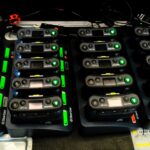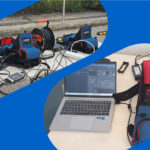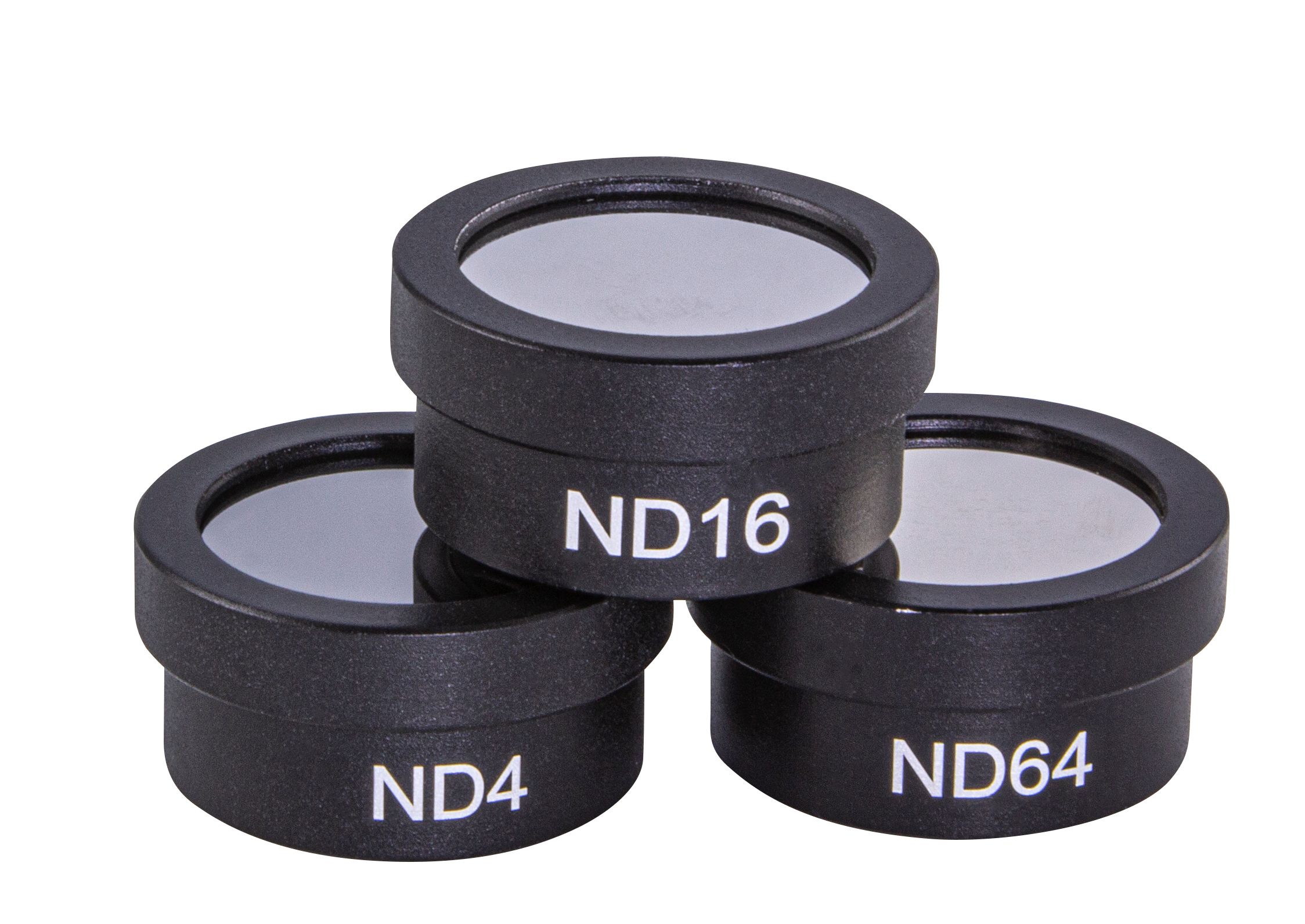Marshall Electronics, a leading manufacturer of broadcast and proAV cameras and equipment, has updated and added new features to its POV and PTZ camera models.
The company says these updates are in direct response to customer requirements.
Marshall now offers three levels of Neutral-Density (ND) filters for its IP67-rated CV226 All-Weather Lipstick Camera and CV503-WP All-Weather Miniature HD Camera.
In photography and optics, an ND filter reduces or modifies the intensity of all wavelengths, or colors, of light equally, giving no changes in hue of color rendition.
It can be a colorless (clear) or grey filter, and is denoted by Wratten number 96, a labeling system for optical filters. The purpose of a standard photographic neutral-density filter is to reduce the amount of light entering the lens.
Doing so allows the photographer to select combinations of aperture, exposure and sensor sensitivity that would otherwise produce overexposed video.
“We have been asked on many occasions about ND filters as many of our live production customers operate in direct sunlight and need to dampen its effects on video performance,” says Tod Musgrave, Director of Cameras for Marshall Electronics.
“In addition to the ND filters, we have also added CGI and Free-D protocol support to our CV630 and CV730 PTZs, which enables two-way positioning communication between camera and control decks to produce more realistic VR and AR graphic overlay.
“Color Matrix is also now available for our Genlock cameras, providing deeper control of color to more closely color match other cameras in the broadcast production workflow.”
Free-D protocol support now comes standard on Marshall CV730 and CV630 models and is available for existing customers through a free firmware update.
It is an industry standard protocol, supported by major AR/VR solutions providers. Through this firmware update, the CV730 cameras will feed tracking data over IP back to command central, using Free-D communication.
This enables the cameras to directly respond with pan, tilt, zoom, focus, iris and axis position in real time, making VR/AR production simple and cost effective without the addition of other tracking devices or systems.
Marshall also adds Color Matrix to the CV566, CV568, CV366 and CV368 cameras. Color Matrix creates a more accurate color representation with master level, master phase, color level and color phase enhancements.
Controllable remotely with Visca over RS485 from Marshall RCP controller, camera control software or third-party control decks such as Cyanview, Skaarhoj and others.
Additional new camera features from Marshall include support for the CGI command control function, enhanced vMix integration, new OBS plugins/docks and constant performance improvements of AF and Zoom tracking on all PTZ models.






